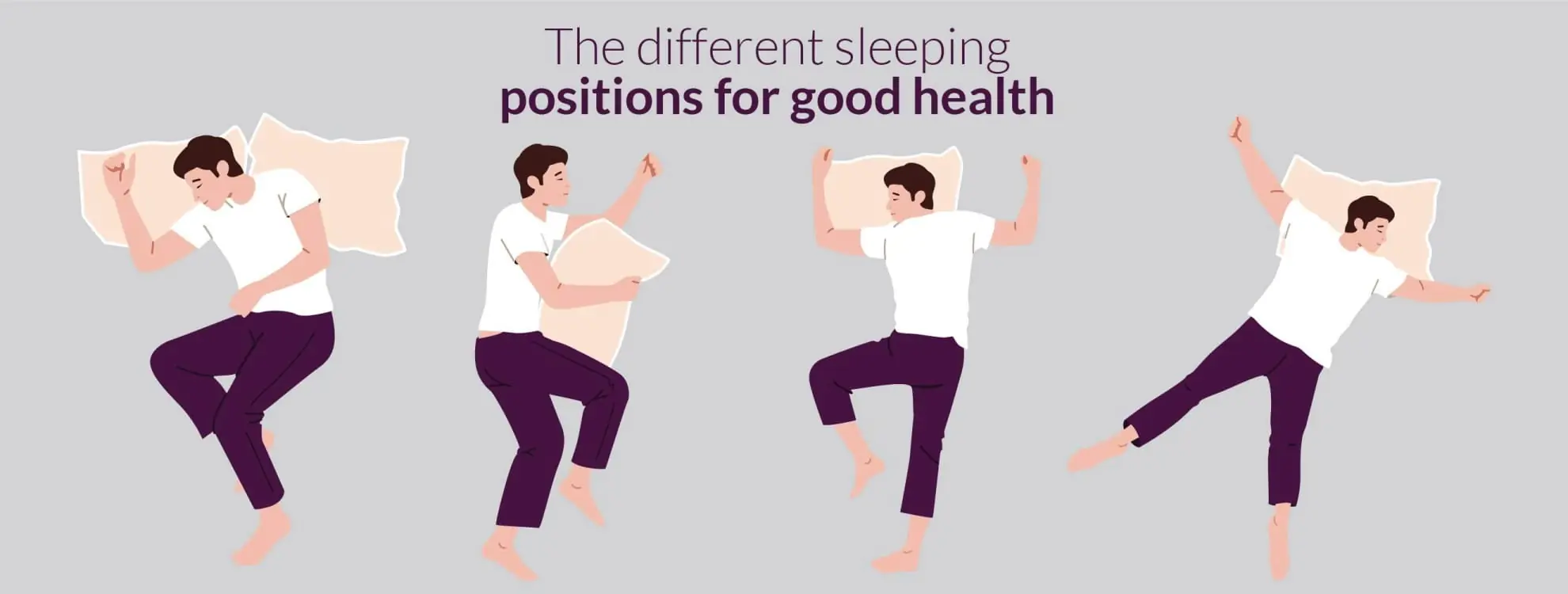
Benefits of Walking: Why Walking is One of the Best Forms of Exercise
Benefits of Walking: Why Walking is One of the Best Forms of Exercise
Walking is a fantastic form of exercise with a wide range of health benefits, and its accessibility makes it one of the best activities for almost everyone. Even a short walk of 10 to 30 minutes a day can make a significant difference in your physical and mental well-being. Walking is a free exercise that requires nothing more than a good pair of shoes, making it an excellent way to combat the negative effects of a sedentary lifestyle.
This article explores why walking is such a beneficial exercise, covering how it can help you lose weight, improve your heart health, boost your mood, and much more.

Why Walking is One of the Best Exercises
Walking is a low-impact exercise with fewer risks than other types of physical activity, making it suitable for people of all ages and fitness levels. Doctors at the Mayo Clinic note that walking helps prevent heart disease, lowers blood pressure, strengthens muscles, and aids in maintaining a healthy weight.
So, how much walking do you need? Most doctors recommend a brisk walk of 30 minutes a day to start seeing real health benefits. This is roughly equivalent to walking two miles. A brisk pace means you're walking fast enough to talk but not sing. Even if you can't hit that goal every day, any increase in physical activity is a step in the right direction.
Health Benefits of Daily Walking
Walking Helps You Maintain a Healthy Weight
Walking is an effective way to promote weight loss and keep it off. In one study, a daily walking program helped over half of the participants lose weight, with an average loss of 5.5 pounds in just eight weeks. While 30 minutes of brisk walking is a great daily goal, walking for a longer duration, and combining it with a healthy diet, can further boost your weight loss efforts.
It's Great for Your Heart and Circulation
A 30-minute brisk walk, five days a week, is a great cardio exercise that promotes a healthy heart. Research has shown that this routine can lead to lower blood pressure, increased heart capacity, and a lower risk of stroke. Some studies suggest that walking just 3,000 steps within 30 minutes on most days of the week can significantly benefit your heart.
Walking Lowers Blood Pressure
Regular brisk walking can also help manage hypertension and reduce your risk of stroke. One study found that walking for 60 minutes, three times a week, lowered blood pressure in adults with hypertension. Another study showed that walking 10,000 steps daily (about five miles) significantly improved blood pressure over a 12-week period.
It Boosts Your Brain Health and Mood
Walking is not just good for your body; it's also excellent for your mind. A study on older adults found that those who walked more had a lower risk of cognitive decline. Walking for even 10 to 30 minutes a day can improve your mood, with one study showing that a brisk 10-minute walk with meditation positively affected emotions and reduced fatigue-related mood issues.
Walking Can Improve Digestion and Regulate Blood Sugar
Taking a walk after a meal can aid digestion by helping food move more quickly from the stomach to the small intestines. This can be especially beneficial for people with diabetes, as it helps prevent blood glucose spikes. A study in the journal Diabetes Care found that walking for one hour a day, five days a week, helped lower fasting blood glucose and cholesterol in diabetic participants.
It Strengthens Your Immune System
Walking for just 30 minutes a day can strengthen your immunity. A study with healthy women found that a brisk 30-minute walk increased their white blood cell count, showing small but beneficial changes in immune parameters.
Walking Helps You Live Longer
Because walking is so good for your body, it's no surprise that it can help you live longer. An analysis of studies involving over 50,000 people found that walking greatly reduces the risk of dying from cardiovascular disease and cancer. Brisk walking, specifically, has been shown to have better health benefits than a slower pace.
It's a Great Exercise for Arthritis
Walking is a perfect low-impact exercise for people with osteoarthritis. A study published in the journal Knee found that daily walking on a treadmill helped reduce knee and joint pain, and improved the quality of life for participants over a 12-week period.
It Can Improve Your Sleep
A long brisk walk can help reduce anxiety, improve heart health, and help you sleep better at night. One study found that people who walked 10,000 steps a day reported improvements in their sleep quality, including falling asleep quicker and waking up less during the night.

Useful Walking Tips
-
Shoes: Wear comfortable, flexible, and lightweight shoes.
-
Technique: Walk at a steady pace, swing your arms freely, and look straight ahead with your chin parallel to the ground.
-
Water: Stay hydrated by drinking water before and after your walk.
-
To burn more calories: Try walking on an incline.
You can easily fit more walking into your day without much effort. Try parking farther from your office, taking a walk while on a phone call, or simply getting up and walking around your house or office more often.
News in the same category


The best fruits to unclog and clean your blood vessels

Best Sleeping Positions to Prevent Neck Pain, Reflux, and Keep Your Heart Healthy

Simple Techniques to Boost Your Lymph System and Remove Toxins

5 Common Habits That Quietly Damage Your Knees

Doctor gives 'deeply concerning' warning after man injected himself with sperm to 'cure back pain'

Mom, 33, issues warning after noticing ‘mosquito bite’ that turned out to be much more sinister

Study Suggests Key Link That Could Help Explain Autism Development

This One Superfood Could Tackle Major Health Issues—Here’s What You Need To Know

Woman’s Inoperable Brain Tumor Shrinks In Just Five Days Thanks To Cancer Breakthrough

The Strengthening Power Of This One Mineral That Many Are Not Aware

Scientists Warn Foot-Long “Demonic Flesh-Eating” Worms Are Invading The U.S.—Here’s What To Do

Officials Warn Tourists As Giant Toxic Jellyfish Washes Ashore At Popular Beach

When Nighttime Leg Cramps Become a Concern

One Month Before A Heart Attack, Your Body Will Warn You Of These 7 Signs

Researchers Sound Alarm Over Surge In Anal Cancer And High-Risk Populations

5 Things Doctors Say You Should Never Give Your Kids to Help Prevent C@ncer

6 Powerful Castor Oil Benefits for Your Health and Wellness

10 Warning Signs Your Kidneys May Be in Serious Danger
Your kidneys quietly work around the clock to keep your body in balance, but when they start to fail, the symptoms can be subtle and easily overlooked. Spotting these early warning signs could save your health—and even your life.
News Post

The 4 Must-Have and Inexpensive Fruits for Older Adults Who Want to Live Long!

The best fruits to unclog and clean your blood vessels

Best Sleeping Positions to Prevent Neck Pain, Reflux, and Keep Your Heart Healthy

Simple Techniques to Boost Your Lymph System and Remove Toxins

5 Common Habits That Quietly Damage Your Knees

The Simpsons fans devastated as show 'kills off' one of the main characters for first time ever

Doctor gives 'deeply concerning' warning after man injected himself with sperm to 'cure back pain'

Mom, 33, issues warning after noticing ‘mosquito bite’ that turned out to be much more sinister

Study reveals average penis size across US states and exposes who is exaggerating

NASA releases closest-ever images to the sun and everyone is asking the same thing

Break-up coach reveals three clear signs that mean a relationship is over

“Meet K2-18b: The Distant Ocean World That Could Host Alien Life”

Secret CIA Documents Declare That The Ark Of The Covenant Is Real, And Its Location Is Known

Neuroscience Says: Listening to This Song Reduces Anxiety by Up to 65%. Hear It Yourself

Study Suggests Key Link That Could Help Explain Autism Development

Scientists Confirm Brain’s ‘Life-Flash’ Surge Just Before Death

Scientists Warn China-Identified Bat Virus Just One Mutation Away From Sparking Global Pandemic

This One Superfood Could Tackle Major Health Issues—Here’s What You Need To Know
